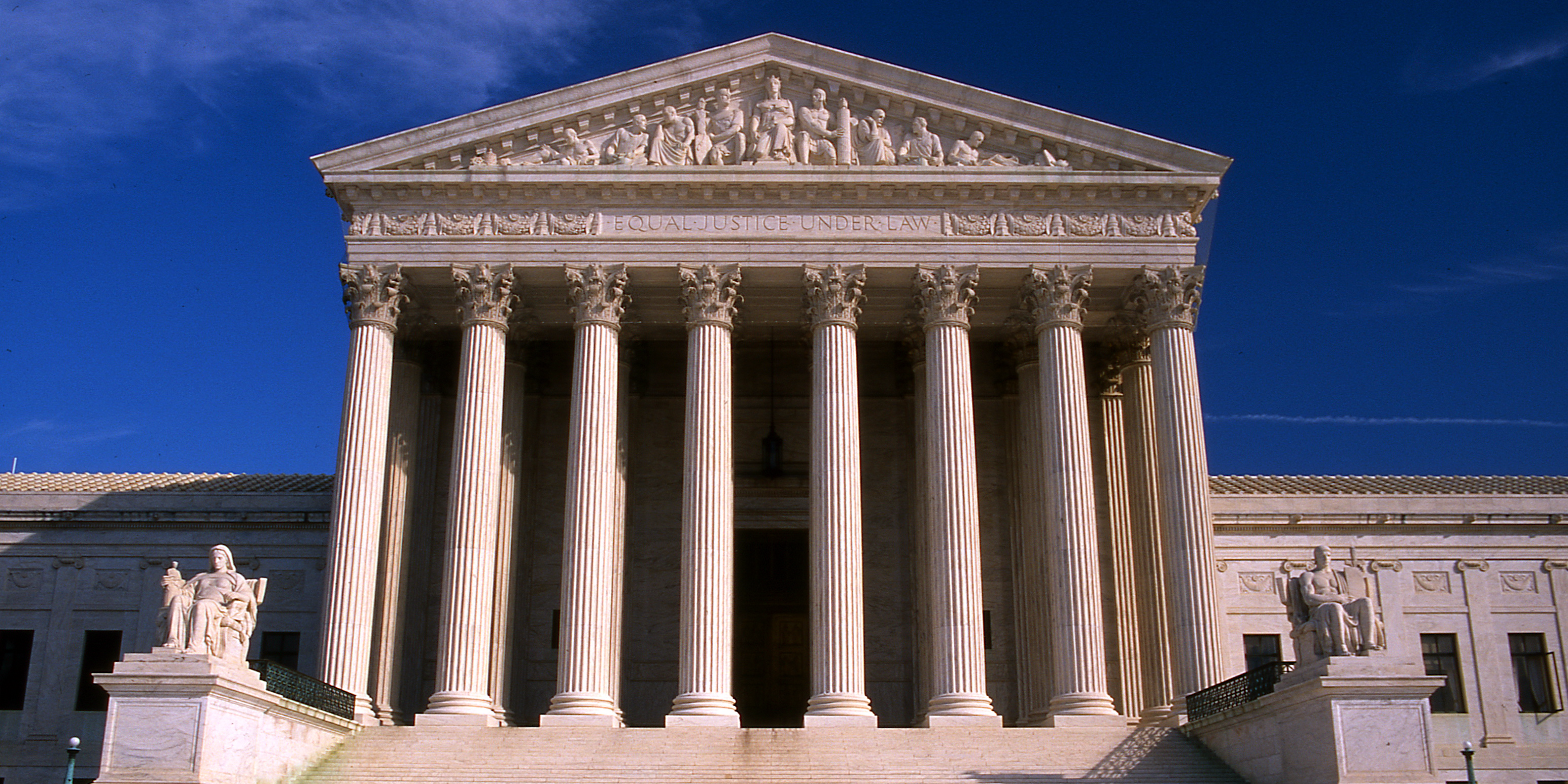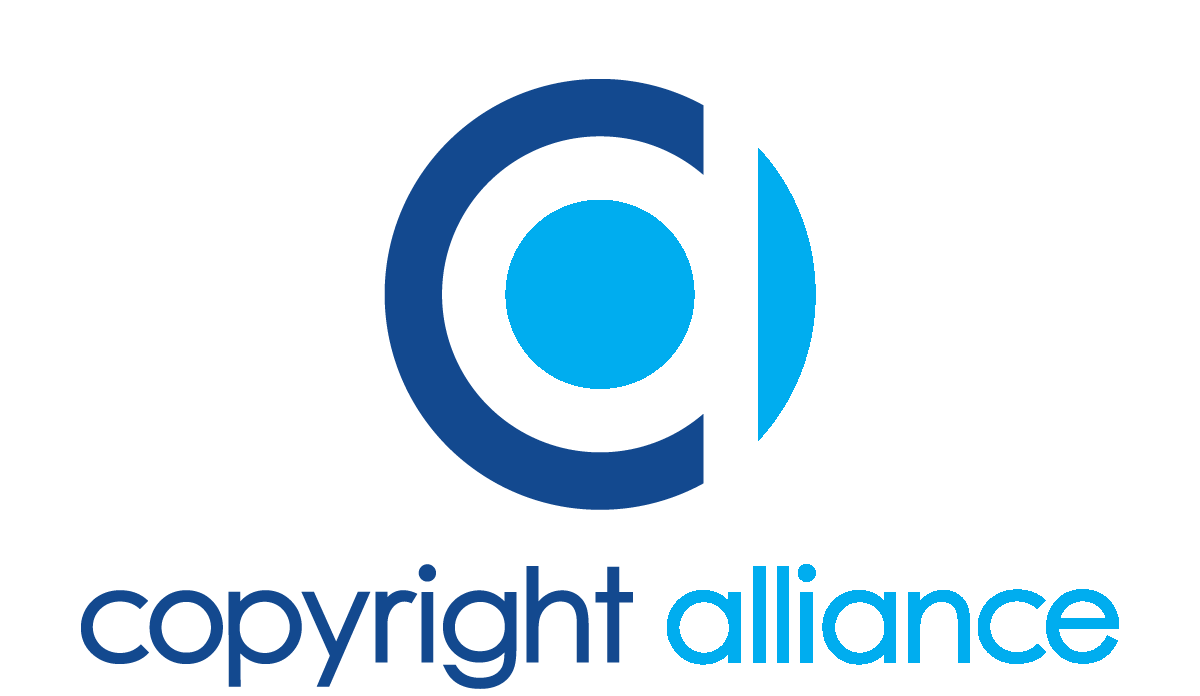October 14, 2020
Ginsburg, Scalia, and Possibly Barrett, on Copyright
As I write, the Senate Judiciary Committee is considering Judge Amy Coney Barrett to fill the Supreme Court vacancy left by Justice Ruth Bader Ginsburg, whose death, like her life, was an extraordinary American story. A pioneering scholar, lawyer, and jurist throughout her career, Ginsburg—the beloved RBG—was dedicated to the principle of equal justice for all people. She smashed glass ceilings until the very end, becoming the first woman in the history of the United States to lie in State at the Capitol, the first Jewish-American to do so, and only the second Supreme Court Justice to do so after William Howard Taft, who had also served as President.
The publishing industry, devoted as we are to the democratic exchange of ideas, owes more than a debt of gratitude to Justice Ginsburg for her unwavering commitment to the gender equalities, minority protections, and LGBTQ rights that have given voice to new leaders and fresh perspectives in the 21st century. We are also grateful for her copyright leadership on the bench, which was clear, consistent, and straightforward. Indeed, as a jurist, Ginsburg repeatedly upheld the Constitutional basis of copyright law, the plain meaning of the statute, the right of Congress to amend the statute, and the overall importance of a well-functioning copyright system to free speech and the dissemination of knowledge.
Assuming Judge Barrett joins the Supreme Court, we have little to go on regarding her views or disposition towards copyright jurisprudence, but what we do know is this: Barrett is a conservative scholar who embraces the strict judicial perspectives of Justice Scalia. “His judicial philosophy is mine, too,” Barrett has said of her mentor, “A judge must apply the law as written.”
If confirmed, it is possible that Barrett will look to Ginsburg’s copyright decisions as guideposts, a proposition that is more than theoretical if one considers that Scalia joined every copyright decision that Ginsburg authored during their mutual service on the Court. Although the pair famously disagreed on judicial philosophy—Scalia devoted to original text and Ginsburg devoted to a living Constitution—they were mainly aligned on questions of copyright interpretation. The alignment may have had something to do with their shared interest in the opera and other arts, but more likely had to do with the fact that the Copyright Act has clear Constitutional origins and extensive statutory text.
While serving alongside Scalia, Ginsburg wrote the majority opinion in four copyright cases and a major dissent in another, all of which Scalia joined. Two of her opinions—Golan v. Holder and Eldred v. Ashcroft—involved Constitutional challenges against the government, which she handily shut down.
The 2012 Golan case questioned the authority of Congress to restore lapsed copyrights in certain foreign works as part of an intergovernmental negotiation. In rejecting an assertion that copyright amendments must be limited to provisions that incentivize new authorship, Ginsburg explained that Congress has wide latitude to create a copyright regime that achieves the overall objectives of the Copyright Clause, including creating international agreements. She expressly rejected the assertion that copyright is singularly about new authorship, noting that even from the earliest days of the United States, the Framers were focused not only on authorship, but also on other issues, such as publication and dissemination. Scalia agreed.
Nearly a decade earlier, the Court’s 2003 decision in Eldred upheld Congress’ decision to extend copyright term by 20 years, a premise that petitioners had challenged under both the Copyright Clause and the First Amendment. Rejecting both arguments, Ginsburg explained that “copyright’s limited monopolies are compatible with free speech principles” and “copyright’s purpose is to promote the creation and publication of free expression.” Scalia signed on.
Although Scalia did not take the pen on copyright decisions, he voted with Ginsburg in every case where she controlled the pen. In 2001, he joined her very first copyright opinion for the Court in New York Times v. Tasini. Her opinion rejected the premise that publishers could republish authors’ print articles in a database without further permission, because the database did not meet the statutory definition of a revised collective work.
In 2014, in Petrella v. Metro-Goldwyn-Mayer, Scalia joined Ginsburg in rejecting the equitable doctrine of laches, after a movie studio claimed that it was unfair for a copyright owner (the heir of the author who wrote the screenplay for Raging Bull) to delay the filing of her lawsuit over many years. Ginsburg refused to curtail the copyright owner’s relief, noting that the suit was properly filed within the statutory window, and that it is wholly reasonable under the Copyright Act for a copyright owner to consider the defendant’s profits in deciding whether and when to file suit.
Of course, Ginsburg didn’t always write for the majority, and Scalia parted ways with his colleague on a couple of occasions. In 2009, both Justices supported the Court’s unanimous opinion penned by Justice Souter in Metro-Goldwyn-Mayer v. Grokster (the famous file-sharing case), but Scalia did not go so far as to join Ginsburg’s deep dive concurrence into the Ninth Circuit’s misapplication of the Sony Betamax case.
More puzzling—and more extreme because of the defendant’s purposeful efforts to elude the Copyright Act—was Scalia’s dissent in the 2014 case American Broadcasting Company v. Aereo, which was the final copyright case of his career. Here, Scalia declined to join Justices Breyer, Roberts, Kennedy, Ginsburg, Sotomayor, and Kagan in finding Aereo liable for retransmitting television content over the Internet without permission. In his dissent, joined by Thomas and Alito, Scalia rejected the premise that Aereo performed like a cable system under the Copyright Act, calling the majority’s reasoning, “guilt by resemblance.” Pointing to Congress, he quipped, “it is not our job to apply laws that have not yet been written.”
Ginsburg’s only copyright dissent came in the 2013 publishing case Kirtsaeng v. John Wiley & Sons. Justice Breyer, writing for the majority, declined to stop an unauthorized seller from importing textbooks into the United States, although it was clear that the publisher had manufactured and priced the books specifically and solely for foreign markets. Rejecting the majority’s reasoning, Ginsburg said that both the text and legislative history of the Copyright Act made clear that Congress had enacted a national, not international, first sale doctrine. True to form, Scalia joined Ginsburg’s dissent, except for the parts where she discussed legislative history.
Copyright questions are not a part of Judge Barrett’s confirmation hearings, as the Senate is focused as it should be on both her qualifications and pervading questions of religion, healthcare, and social justice. But if Barrett is confirmed, it is inevitable that she will hear copyright cases on any number of issues, from exclusive rights to fair use to first sale. If so, Barrett would be exceptionally well-served by looking to the wisdom, clarity, and precedent of Ginsburg’s writings, as their mutual friend and colleague would surely have agreed.
Maria A. Pallante is President and CEO of AAP and a former Register of Copyrights. She appreciates the research assistance of law clerk Renata C. Mitchell, a student at the George Washington University Law School.


